Whole Egusi
Egusi is rich in vitamin A, which is essential for the formation and maintenance of healthy bones. Also, Egusi is rich in vitamins B1 and B2, both of which are important for red blood cell growth and production. There are also high levels of vitamin C attributed to egusi, which help the body absorb iron and maintain healthy tissues. Lastly, Egusi is also high in nicotinic acid, which helps maintain healthy skin. Storage instruction: store in a cool dry place

Description
Egusi seeds, scientifically known as Citrullus lanatus, are small, flat protein-rich seeds of particular cucurbitaceous plants—pumpkins, melons, squash, gourd—and are majorly used for a West African dish called Egusi soup after it has been dried, de-hulled, and grounded. The major Egusi growing countries include Mali, Burkina Faso, Togo, Ghana, Côte d’Ivoire, Benin, Nigeria and Cameroon. Many of these countries and regions have their own small differences in how they prepare their egusi, but the importance of the species of egusi remains the same. The seeds of Egusi are obtained from the Egusi gourd, which is very similar to watermelon. These pumpkins are cultivated primarily for their seeds, which are similar in size to small pumpkin seeds and have a slightly more creamy flavour. Egusi is rich in vitamin A, which is essential for the formation and maintenance of healthy bones. Also, Egusi is rich in vitamins B1 and B2, both of which are important for red blood cell growth and production. There are also high levels of vitamin C attributed to egusi, which help the body absorb iron and maintain healthy tissues. Lastly, Egusi is also high in nicotinic acid, which helps maintain healthy skin. Storage instruction: store in a cool dry place
ADES Egusi Seeds
Additional information
| Size | 100g |
|---|

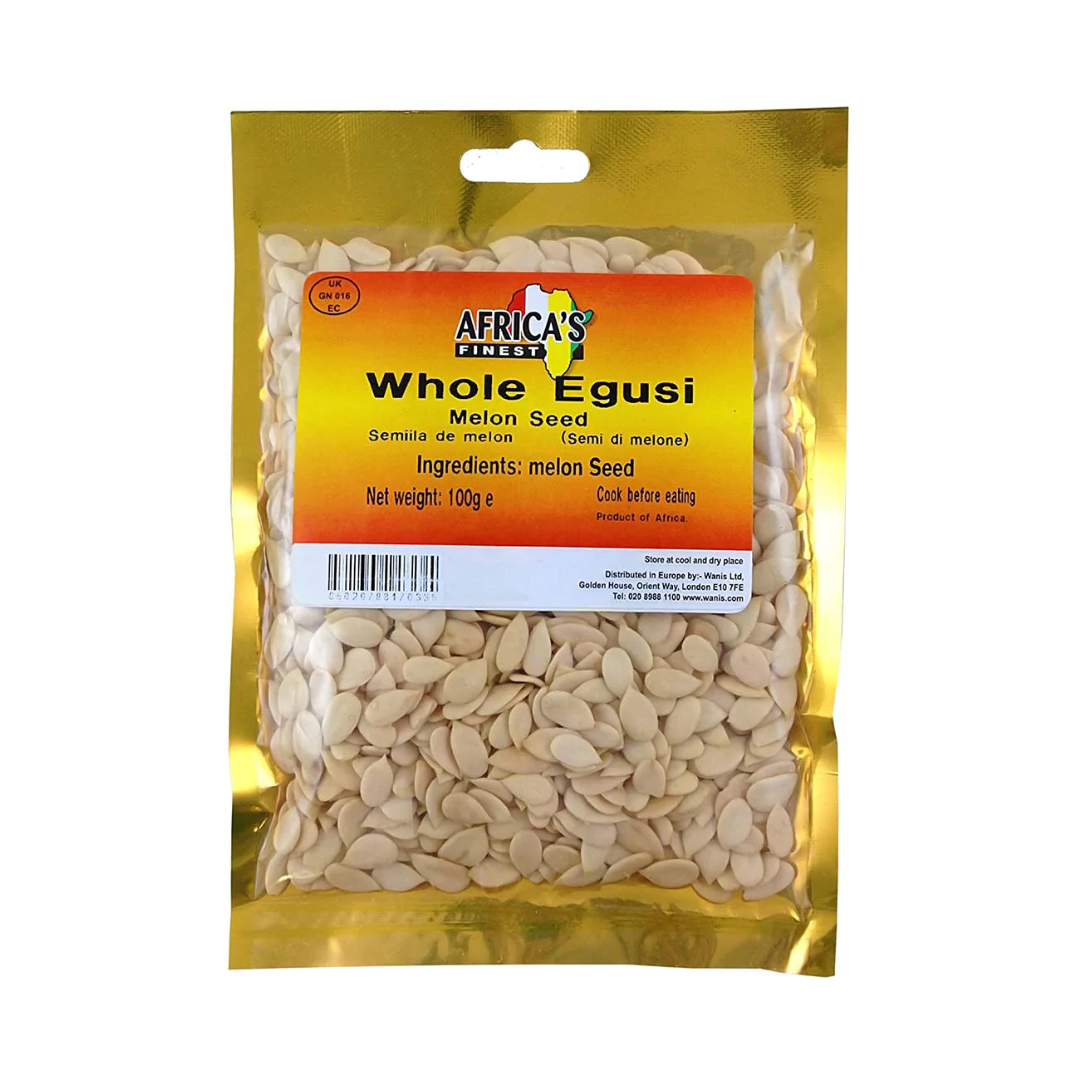






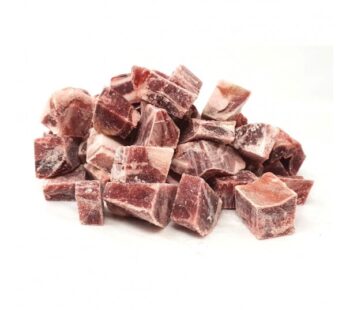
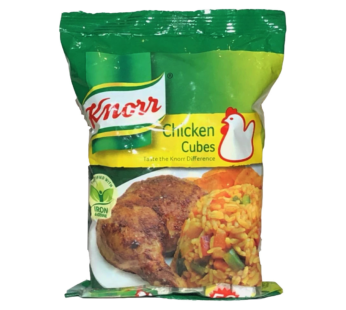
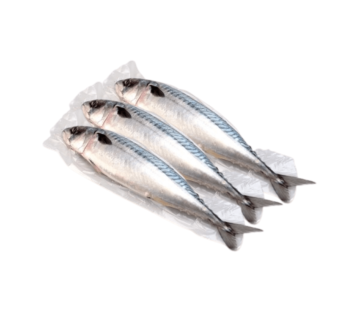
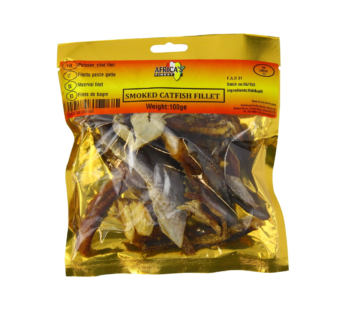
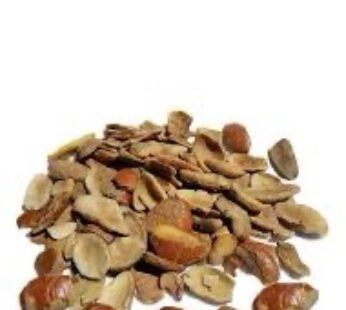
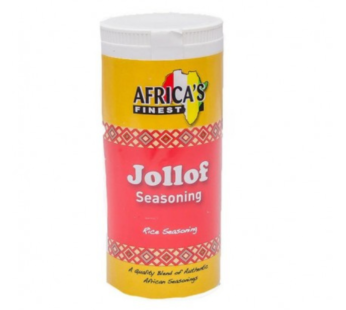
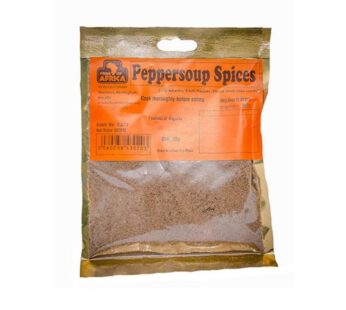

Reviews
There are no reviews yet.